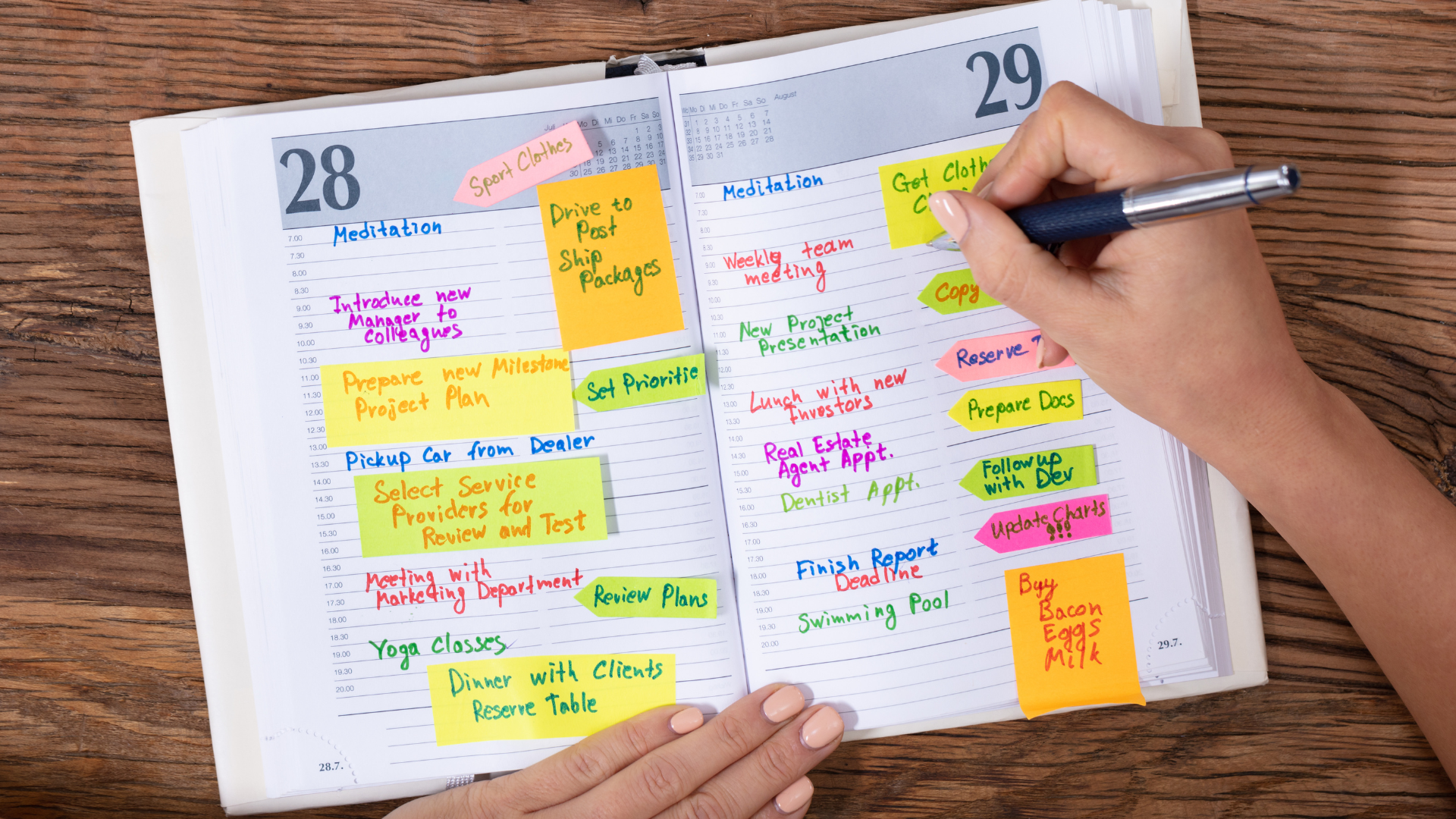What No One Tells You About Becoming a Caregiver
When people think of becoming a Home Health Aide (HHA) or Certified Nursing Assistant (CNA), they often picture routines, medical tasks, and caring for others. But caregiving is more than a checklist—it’s a life-changing experience that reaches deep into your heart, your perspective, and your purpose.
At Fordham Institute Inc., we prepare students for the skills and realities of the job—but there are a few things that only come with lived experience. Here’s what no one tells you about becoming a caregiver:
1. It Changes the Way You See Life
Caring for others—especially the elderly, sick, or vulnerable—gives you a new appreciation for life’s simplest moments. A smile. A meal. A deep breath.
Truth: You begin to value time, health, and presence like never before.
2. You’ll Learn About Yourself in Unexpected Ways
Some days will test your patience. Others will reveal strengths you didn’t know you had. Caregiving challenges you—but it also shapes you.
Truth: You’ll grow more resilient, compassionate, and self-aware with every shift.
3. You Might Become a Client’s Lifeline
For some clients, you’re not just a helper—you’re their person. You’ll witness moments of deep vulnerability, and your presence alone can bring peace.
Truth: You don’t always need the perfect words. Just being there is powerful.
4. Some Days Are Hard—But Worth It
It’s not always easy. There will be emotional days, physically demanding tasks, and the occasional frustration. But the reward of knowing you’ve made someone’s day a little better? That’s priceless.
Truth: The tough days don’t break you—they build you.
5. You’ll Start Seeing Everyone Differently
After caregiving, you’ll look at strangers, loved ones, even yourself with more patience. More grace. More understanding.
Truth: It doesn’t just make you a better worker—it makes you a better human.
A Path with Purpose
At Fordham Institute Inc., we don’t just train caregivers—we help people discover their calling. If you feel drawn to serve, uplift, and connect on a deeper level, this may be the path for you.
📞 Call us today at (718) 480-1804
Caregiving isn’t just a job—it’s a journey that transforms you.





